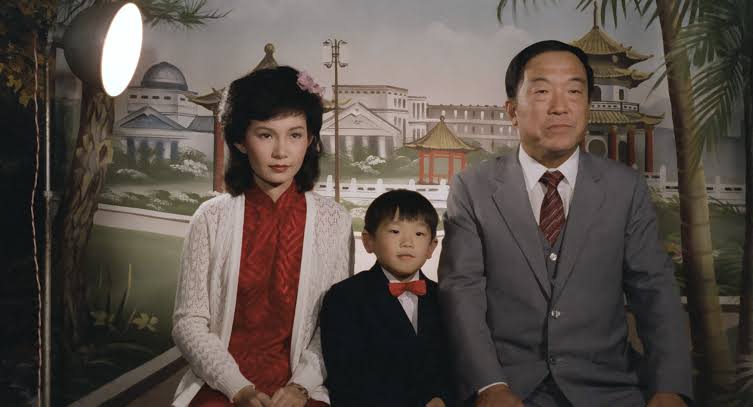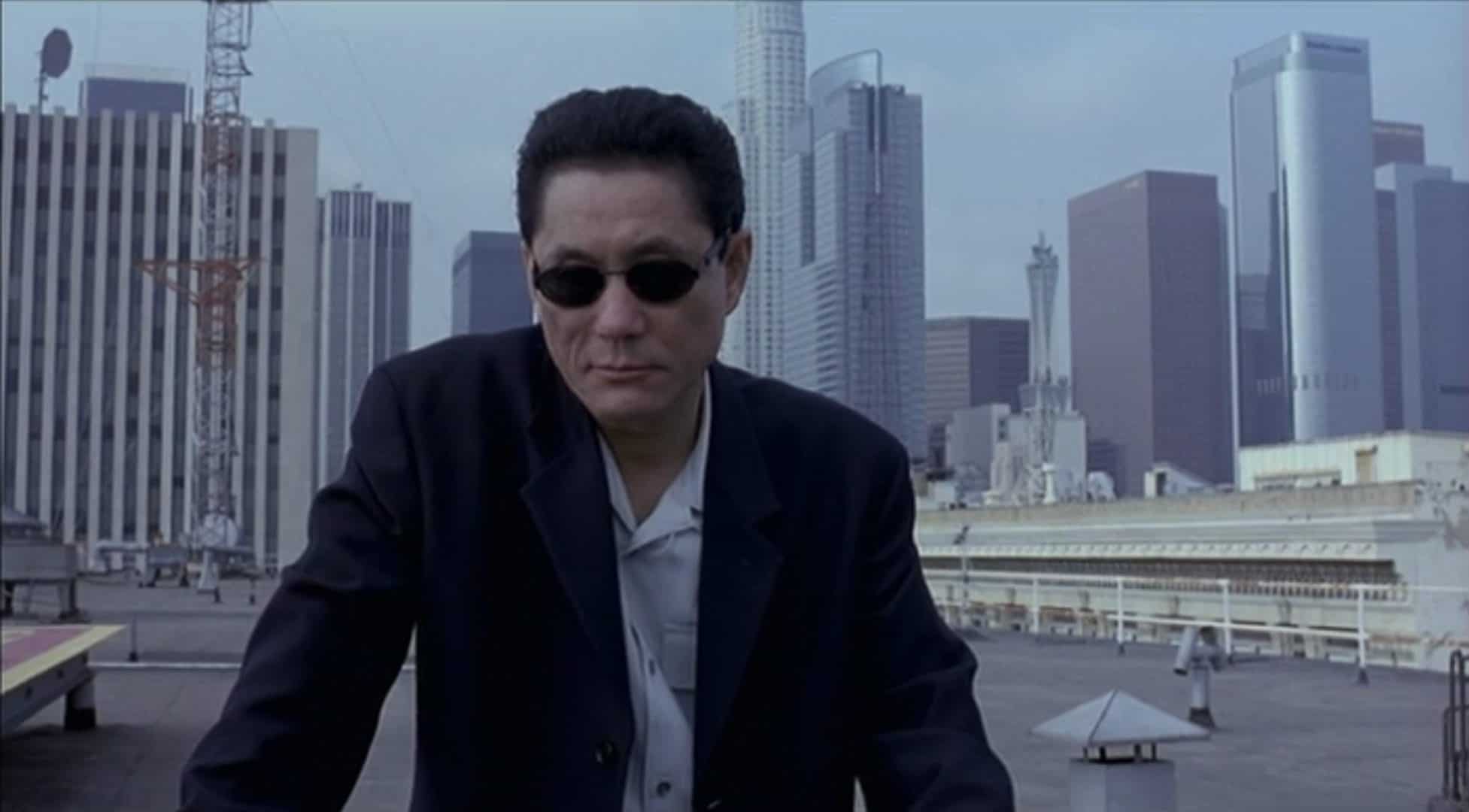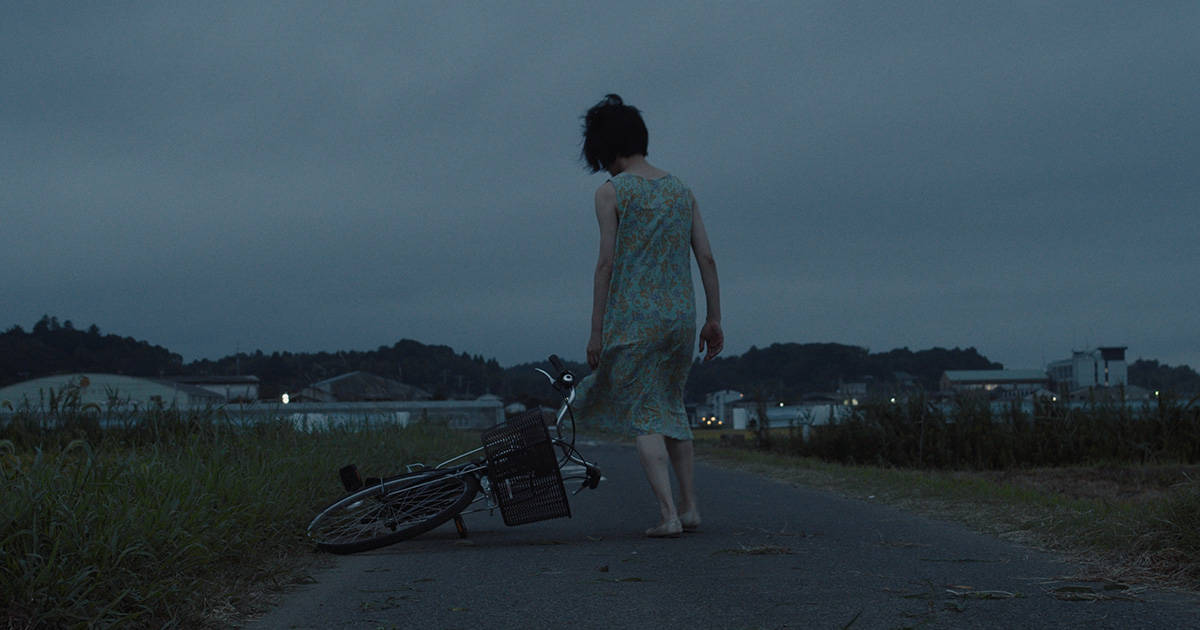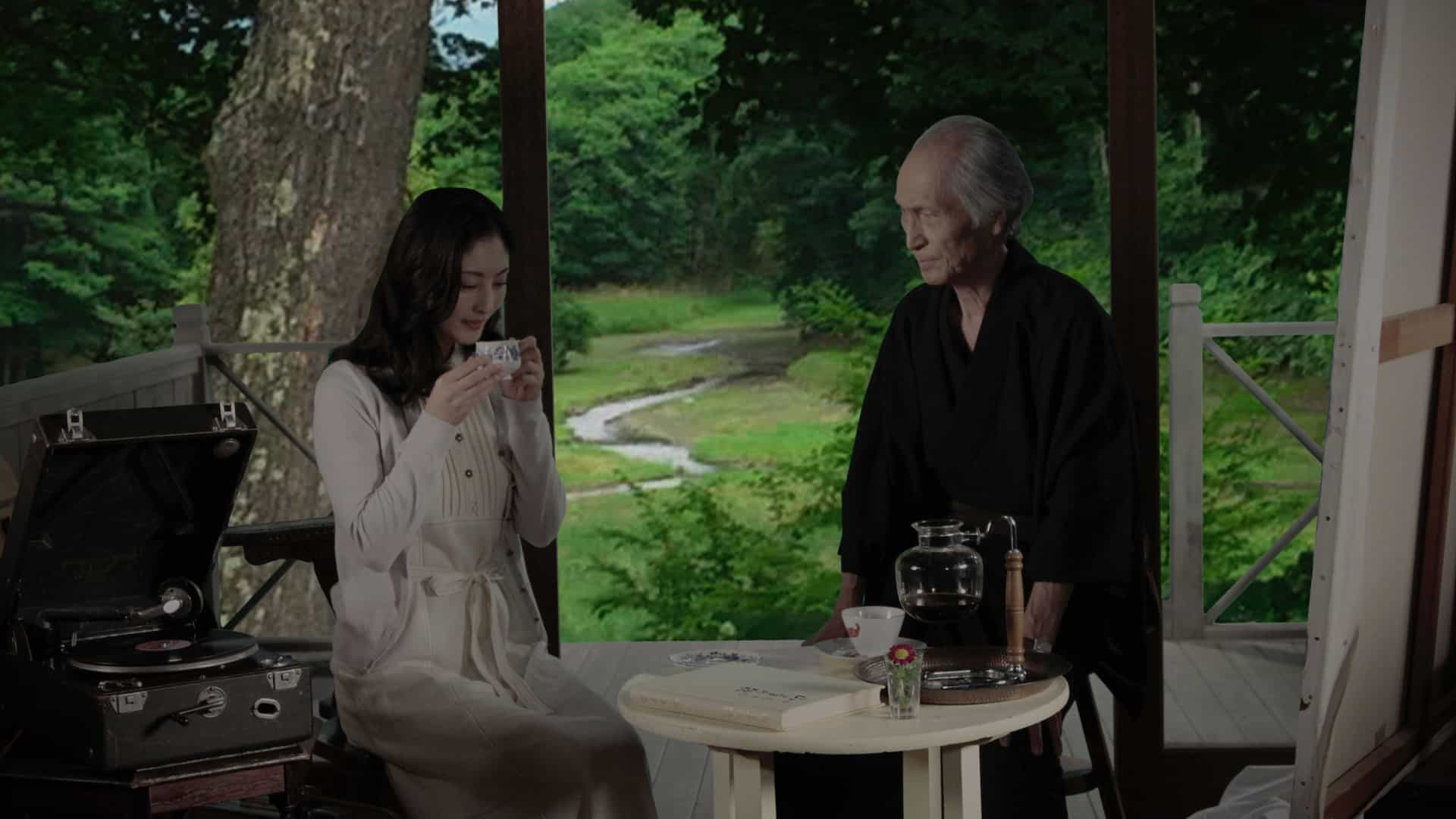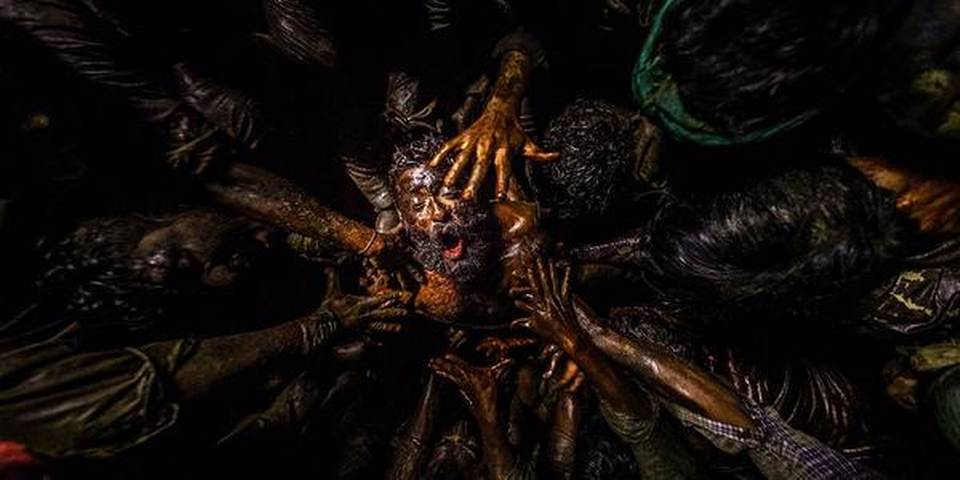No cinema movement in the world has, to this day, captured the ups and downs of growing up as perfectly as Taiwanese New Wave. The 1983 movie titled “Growing Up”, Hou Hsiao-Hsien‘s frequent collaborator Chen Kun-Hou's adaptation of T'ien-Wen's novel, co-written by Hou himself, is a film that busies itself with the uneven journey to adulthood. Highly acclaimed in Taiwan, the movie is considered one of the first to bring international attention to the budding movement created by the young new-generation filmmakers from the nation.
“Growing Up” is streaming on MUBI
A child observes his mother, previously a bar singer, get married to a much older man, Mr. Bi, and has to unwillingly adopt his name. From then on, Little Bi endures the road to adulthood, his road being especially thorny due to his remarkable penchant for getting in trouble, a tendency which becomes a bane as he becomes a teenager. “Growing Up” explores the slow, restless journey a child experiences while reaching towards adulthood. Seen through the eyes of a childhood friend and secret admirer of the protagonist, the film explores the fun of childhood, the immaturity of adolescence, infatuations leading to nowhere, egoistical situations with negative outcomes and the terrible sense of helplessness with life-changing situations.
Perhaps the greatest achievement of the movie is in its realism. Chen leads the narrative by moments and not a single of these moments ever feel unrealistic. The moments range from scenes of infinite childish happiness to times of tragedy, and the director has his own way to present the audience to the lead character in every moment. When it is needed, the remarkable background music goes silent to explore the adult world. When needed, the music hits full bloom and explores Little Bi's ever-exceeding sense of restlessness. While his growing up is the fulcrum of the movie's narrative, his parents get their own story, one of crushing societal pressure and of the severe uncertainty of trust. The dual focus turns triple every time the narrator speaks, as she is not a soulless dictator of sentences, but a person with her own set of opinions. As the movie nears completion, the prongs of the narrative often intertwines, leading to even more emotional outburst from the characters.
The struggle between the native Taiwanese and the mainlanders has been a constant presence in Taiwanese New Wave works, and here too it appears, although not as the primary theme. Society, instead, gains importance. Little Bi's mother, a bar singer, with a child with no father, knows that the child will never gain acceptance without a last name. Thus she marries the much older Mr Bi, setting aside her own days of fun and parties for the life of a simple housewife, hundreds of kilometres up north from the bustles of the large city. The relationship between the Bi couple is a veiled mess. While none of them are particularly negative in their behaviour, as they are respectful and often loving towards each other and Mr Bi is a true father to Little Bi, the distance between him and the mother and the child is uncrossable. Later, he reveals that he is, perhaps, equally responsible for the detachment, as his love towards her has always been more fatherly than conjugal.
Chen is a notable cinematographer and leaves no room for complaint in that particular aspect of the movie. The cinematography is almost always crucial to the movement of the plot. Chen captures beautifully the picturesquely beautiful coastal town, the joy of children playing in the streets, adolescent fights and even goes to black-and-white at a juncture to re-live the memories from a character's past. The background music and the rare occurences of vocal tracks, prove to be instrumental towards the presentation. The actors act to their best, notably Doze Niu, with his performances in this and The Boys Of Fengkuei becoming a crucial force in the rise of Taiwanese cinema in terms of international prominence. 1983 is now considered a breakthrough year for the movement, with the trio of Chen, Hou Hsiao-Hsien and Chu T'ien-Wen's dual collaboration for this and “The Boys Of Fengkuei” and Yang's debut with “That Day, On The Beach.”
“Growing Up” is thus a remarkable piece of cinema about the nature of mental growth in a child and an adolescence, with powerful moments and interesting characterization, boosted by excellent acting performances and by the torrent of moments.


